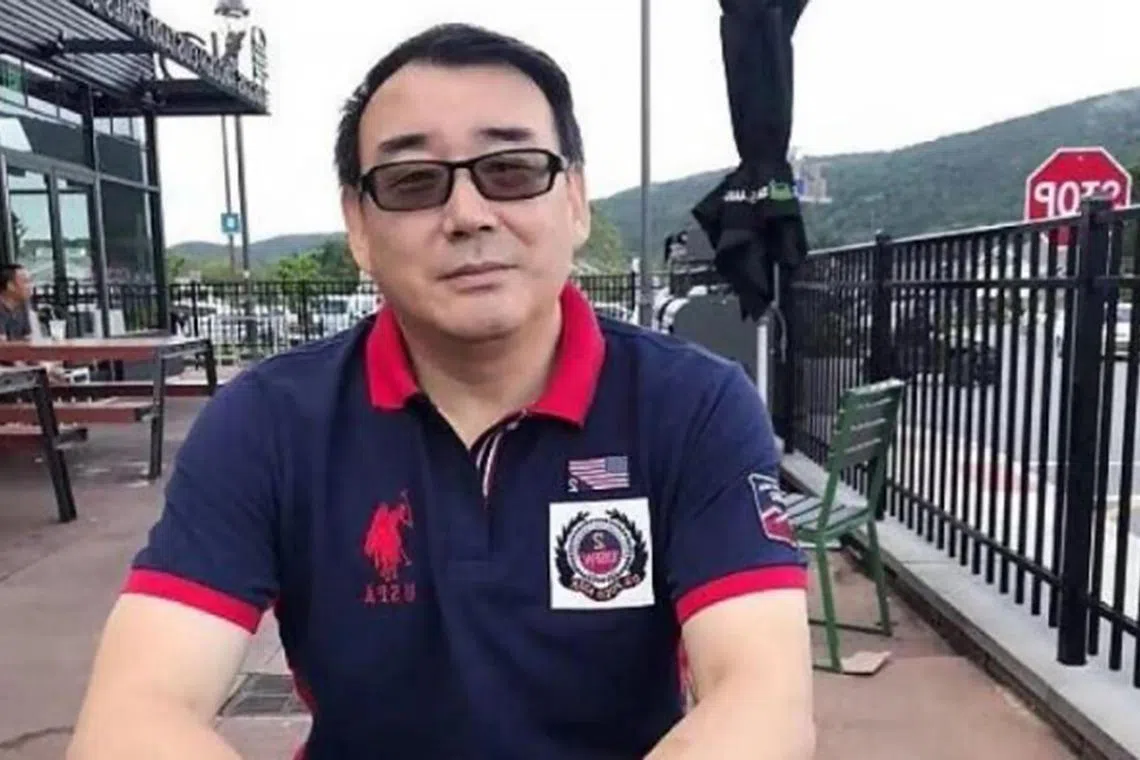Chinese court’s suspended death sentence for Australian writer an ‘outrage’: Albanese
Sign up now: Get insights on Asia's fast-moving developments

Yang Hengjun, 58, who wrote about Chinese and US politics as a high-profile democracy blogger, is an Australian citizen born in China.
PHOTO: YANG HENGJUN/X
SYDNEY – Australia’s Prime Minister Anthony Albanese on Feb 6 said it was an “outrage” that a Beijing court handed an Australian writer a suspended death sentence on espionage charges and vowed to continue to make efforts for Yang Hengjun’s release.
The sentence, handed down three years after a closed-door trial,
“We have conveyed, firstly, to China our dismay, our despair, our frustration, but to put it really simply, our outrage at this verdict,” Mr Albanese told reporters in Canberra.
“We will continue to make the strongest representations. We, of course, called in the (Chinese) ambassador yesterday, but we will make representations at all levels.”
Mr Albanese said his government would “respond directly and clearly and unequivocally... on this harsh action by China”.
Yang, 58, who wrote about Chinese and United States politics as a high-profile democracy blogger, is an Australian citizen born in China. He was living in New York as a visiting scholar at Columbia University and supplemented his income by working as a “daigou” or online shopping agent for Chinese consumers seeking American products.
He was arrested while visiting China in January 2019, accompanied by his wife.
An employee of China’s Ministry of State Security from 1989 to 1999, he had been accused of spying for a country China has not publicly identified, and the details of the case against him have not been made public.
Mr Wang Wenbin, a Chinese ministry spokesman, told reporters in Beijing that Yang had been found guilty of espionage and “sentenced to death with two years’ probation, and it was ordered that all his personal properties be confiscated”.
Mr Wang added that “the Australian side” was allowed to sit in on the sentencing and that all procedures were followed.
Sydney-based scholar Feng Chongyi, who has followed the trial closely, called it a “serious case of injustice”, adding that Yang had denied the charges.
“He is punished by the Chinese government for his criticism of human rights abuses in China and his advocacy for universal values such as human rights, democracy and rule of law,” Dr Feng said.
A suspended death sentence in China gives the accused a two-year reprieve from being executed, after which it is automatically converted to life imprisonment or, more rarely, fixed-term imprisonment. The individual remains in prison throughout. REUTERS


